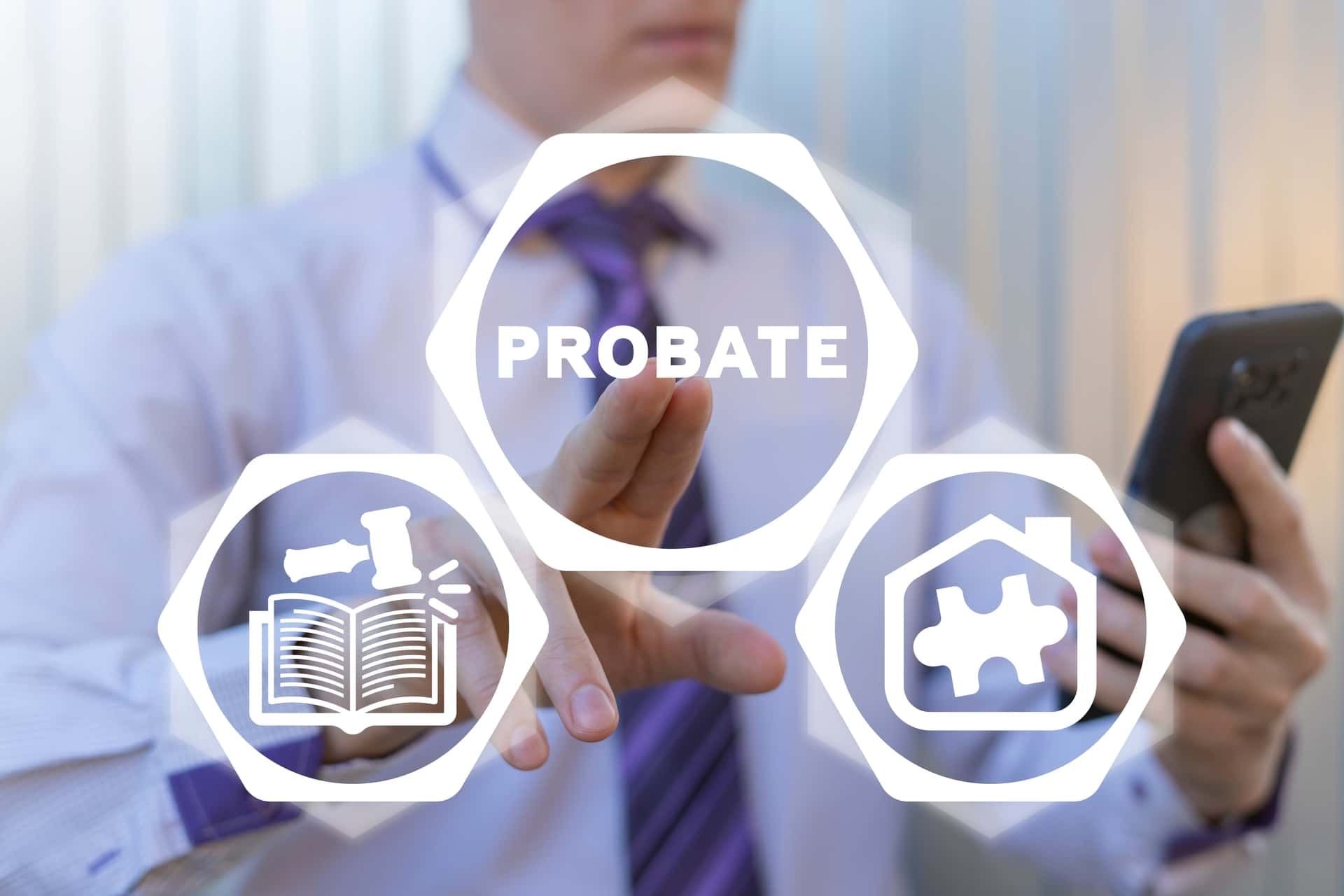Community Property vs Equitable Distribution In Divorce
Divorce is not only emotionally taxing, but the parties involved often don’t have any clue about how their property will be distributed after the split.
In many cases, spouses will agree about the division of property with a mediator, but if they’re disputing certain assets and can’t come to an agreement, the judge will decide. They’ll base their decision on the law of the state where the divorce is happening.
This is where the question of community property vs equitable distribution debate comes into the picture. These are two very different division systems used in various states that tend to result in slightly different outcomes.
Community Property Vs Equitable Distribution Differences
Let’s look at the differences between community property vs equitable distribution by starting with the former:
1. Community Property
Community property is a system that treats the possessions of spouses as mutual property or as separate property. Before anything is divided, the court must first decide which items are considered separate and which ones are classified as community property. These joint properties will be divided equally between both parties, while separate property will be kept by the party that owns it.
It includes all the earnings that either of the spouses acquired during the marriage or any property bought with those earnings. Community property also addresses debts incurred during the marriage.
In a sense, community property treats spouses and their possessions similar to how they would a business partnership.
If any spouse acquired assets through community property, those assets will be classified as community property too. That is, unless the court can trace these funds as coming directly from separate property.
It’s common for spouses to mix or combine separate and community property. In this scenario, the court may decide to treat this property as jointly owned.
In states where community property is allowed, the court may also consider dissipation or fault in dividing property. Nonetheless, the main mode of operating is still equally dividing community property while allowing spouses to keep their separate possessions.
Depending on the circumstances, the court may start the proceedings with the presumption all property is community property and it’s on the spouses to argue if certain assets are separate. This can lead to infighting and disagreements during the division of property. To limit tensions, courts regularly categorize assets as marital and separate property instead of distributing the community property.
While community property vs equitable distribution is a common debate, Florida citizens have no reason to worry about it because the state falls into the equitable distribution jurisdiction. In fact, equitable distribution rules are a lot more common, and only a handful of states adhere to the principles of community property.
2. Equitable Distribution
At the time of writing, 41 out of 50 states use equitable distribution as the method of property division in a divorce. This system is very simple - the court will split all assets, personal property, and earnings between the spouses in a 50-50 manner.
This is often described as fair, as far as the judge is concerned, but doesn’t necessarily mean the division is completely equal. For instance, if some piece of property is disputed, the judge may not award it to either of the parties. Rather, they may order the item to be sold, after which the proceeds will be distributed between the parties.
In some circumstances, the court can order one spouse to give the other what is traditionally considered separate property as compensation if the marital property is unequally distributed.
The “fight” for fairness is neverending, which is why courts sometimes start the distribution process with the presumption that the property should be divided equally among spouses. However, they may deviate from equal division to keep things fair.
Here’s a good example:
Say one of the spouses spent or disturbed some of the assets. The court will order them to give up a share of their assets to their former spouse as compensation. This is referred to as dissipation.
In addition, courts may consider fault in the division of property even if both spouses agree to a no-fault divorce. This isn’t much of a problem because judges prefer dividing assets according to financial considerations, and the fault will only become a major factor if there is a dissipation of marital assets.
Factors Used To Divide Assets In Equitable Distribution
There are several factors that judges will consider during a divorce in Florida, including:
- Income and earning potential of the spouses
- Lengths of the marriage
- Number of minor children
- Career sacrifices a spouse may have made for the benefit of their partner
- Debts and assets of the spouses
- Physical and mental health of the spouses
Using these factors, the judge will try their best to fairly distribute the assets to meet the basic needs of both spouses and their children, if they have any.
What Property Is Marital And Non-Marital?
According to Florida statutes, the following assets will constitute marital property:
- Assets acquired during the marriage regardless of which party acquired it
- Non-marital assets that became more valuable through enhancements by the assets of one of the spouses
- Interpersonal gifts made during the marriage
- Real estate and personal property titled as tenants by entireties
- Vested and unvested retirement benefits, or any insurance or retirement plans accumulated during the marriage
On the other hand, non-marital or separate property includes the following:
- Property acquired before the marriage
- Property acquired through non-spousal gifts or inheritance
- Income made or derived from separate assets
- Property excluded by a prenuptial or postnuptial agreement
Keep It Friendly
Both systems in the community property vs equitable distribution debate have their challenges. The sole discretion is typically on the judge, and considering many assets fall into the gray area, you may lose some of your assets simply because they don’t fit neatly into the established categories.
Hence, it’s best to keep judges out of “your business” in a divorce. You can divide the property alone with your spouse by documenting your wishes and coming to an agreement or working with a mediator.
The court will accept such an agreement if it was drafted by an estate planning attorney.
This is where we enter the picture. Here at the
Law Offices of Mary E. King, we can assist you and your spouse in dividing your assets in a manner that you’re both comfortable and happy with. By working with us, you can avoid the hassle of a lengthy court process and ensure a fair outcome both for you and your spouse.
Schedule an appointment by calling 941-906-7585 or
filling out our contact form.
Note:
The information in this blog post is for reference only and not legal advice. As such, you should not make legal decisions based on the information in this blog post. Moreover, there is no lawyer-client relationship resulting from this blog post, nor should any such relationship be implied. If you need legal counsel, please consult a lawyer licensed to practice in your jurisdiction.
Disclaimer: The information on this website and blog is for general informational purposes only and is not professional advice. We make no guarantees of accuracy or completeness. We disclaim all liability for errors, omissions, or reliance on this content. Always consult a qualified professional for specific guidance.
RECENT POSTS
CONTACT US






